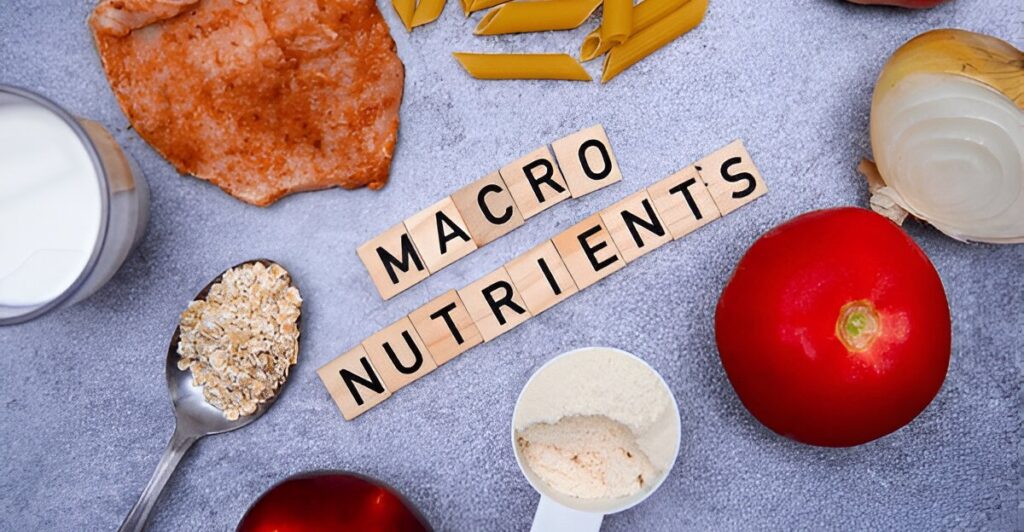Nutrient deficiencies can silently impact your energy, immunity, and overall well-being. Fortunately, a thoughtfully planned diet can help you address these gaps naturally. This guide explores how to fix nutrient deficiencies with a balanced diet, offering actionable tips to optimize your nutrition and boost your health.
Understanding Nutrient Deficiencies
Nutrient deficiencies occur when your body lacks essential vitamins, minerals, or other nutrients needed for optimal function. Common deficiencies include iron, vitamin D, vitamin B12, calcium, and magnesium. Symptoms may range from fatigue and weak immunity to brittle bones or poor concentration. The good news? A nutrient deficiencies diet tailored to your needs can restore balance.
Why Diet Matters
While supplements can help, whole foods provide a synergy of nutrients that work together for better absorption. A diet rich in diverse, nutrient-dense foods ensures your body gets what it needs to thrive. Plus, it’s a sustainable and delicious way to support long-term health.
Common Nutrient Deficiencies and Dietary Solutions
Let’s dive into some of the most common nutrient deficiencies and how to address them through diet.
1. Iron Deficiency
Iron is crucial for oxygen transport and energy production. Low iron levels can lead to anemia, causing fatigue and weakness.
- Dietary Fix: Incorporate iron-rich foods like lean red meat, poultry, fish, lentils, spinach, and fortified cereals. Pair plant-based iron sources with vitamin C-rich foods (e.g., bell peppers or citrus fruits) to enhance absorption.
- Tip: Avoid consuming calcium-rich foods or tea with iron-rich meals, as they can hinder absorption.
2. Vitamin D Deficiency
Vitamin D supports bone health, immunity, and mood regulation. Deficiency is common, especially in areas with limited sunlight.
- Dietary Fix: Include fatty fish (salmon, mackerel), egg yolks, and fortified foods like milk or orange juice. Mushrooms exposed to sunlight can also provide small amounts of vitamin D.
- Tip: If sunlight exposure is limited, consult a healthcare provider about supplementation.
3. Vitamin B12 Deficiency
Vitamin B12 is essential for nerve function and red blood cell production. Vegetarians and vegans are at higher risk due to its prevalence in animal products.
- Dietary Fix: Eat foods like eggs, dairy, fish, and fortified plant-based milks or cereals. Nutritional yeast is another great option for plant-based diets.
- Tip: Regular B12 monitoring is key for those on restrictive diets.
4. Calcium Deficiency
Calcium supports strong bones and teeth, as well as muscle and nerve function. Deficiency can increase the risk of osteoporosis.
- Dietary Fix: Add dairy products (milk, yogurt, cheese), fortified plant milks, leafy greens (kale, broccoli), and almonds to your diet.
- Tip: Ensure adequate vitamin D intake to improve calcium absorption.
5. Magnesium Deficiency
Magnesium aids muscle relaxation, energy production, and heart health. Stress and processed foods can deplete magnesium levels.
- Dietary Fix: Include nuts (almonds, cashews), seeds, whole grains, dark chocolate, and leafy greens in your meals.
- Tip: Opt for minimally processed foods to maximize magnesium intake.
Building a Nutrient-Dense Diet
Addressing nutrient deficiencies through diet starts with variety and balance. Here’s how to create a nutrient-rich eating plan:
- Eat the Rainbow: Colorful fruits and vegetables provide a range of vitamins and antioxidants. Aim for at least five servings daily.
- Prioritize Whole Foods: Choose unprocessed or minimally processed foods like whole grains, lean proteins, and healthy fats.
- Include Protein Sources: Protein-rich foods like beans, lentils, eggs, and fish supply essential nutrients like iron and B12.
- Incorporate Healthy Fats: Avocados, nuts, seeds, and olive oil provide fat-soluble vitamins like A, D, E, and K.
- Plan Balanced Meals: Combine complex carbs, lean proteins, and healthy fats in each meal to stabilize energy and nutrient intake.
Sample Meal Plan for a Nutrient Deficiencies Diet
Here’s a one-day meal plan to inspire your nutrient-dense diet:
- Breakfast: Greek yogurt with mixed berries, chia seeds, and a sprinkle of almonds (rich in calcium, magnesium, and antioxidants).
- Lunch: Grilled salmon with quinoa, steamed broccoli, and a side of orange slices (high in vitamin D, iron, and vitamin C).
- Snack: Hummus with carrot sticks and whole-grain crackers (provides magnesium and fiber).
- Dinner: Lentil and spinach curry with brown rice and a side of sautéed kale (packed with iron, magnesium, and calcium).
Lifestyle Tips to Support Your Nutrient Deficiencies Diet
Diet is just one piece of the puzzle. These habits can enhance your efforts:
- Stay Hydrated: Water supports nutrient absorption and overall health.
- Limit Processed Foods: They’re often low in nutrients and high in additives that can interfere with absorption.
- Consult a Professional: A dietitian can assess your needs and recommend personalized strategies, especially if deficiencies persist.
- Monitor Symptoms: Track how you feel as you adjust your diet to ensure you’re addressing deficiencies effectively.
When to Seek Medical Advice
While a nutrient deficiencies diet can resolve many issues, severe or persistent deficiencies may require medical intervention. Symptoms like extreme fatigue, hair loss, or irregular heartbeats warrant a doctor’s visit. Blood tests can pinpoint specific deficiencies, and a healthcare provider may recommend supplements or other treatments alongside dietary changes.
Conclusion
Addressing nutrient deficiencies through diet is a powerful way to reclaim your energy and vitality. By focusing on nutrient-dense foods, balancing your meals, and adopting healthy lifestyle habits, you can naturally correct deficiencies and support long-term wellness. Start small, experiment with new foods, and consult professionals when needed to create a sustainable nutrient deficiencies diet that works for you.
Ready to transform your health? Begin incorporating these tips today and watch your body thrive!


